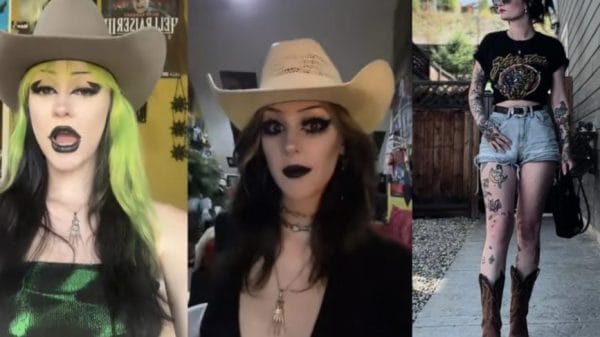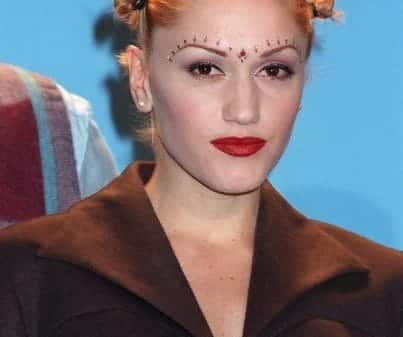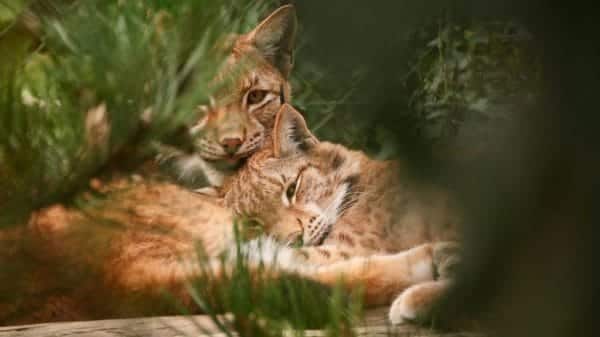Influencers on TikTok are heading the development of a new accent called ‘TikTalk’ by linguistics experts.
TikTok is a hotbed of trends dictating the direction of creative content and how we live our lives. So it comes as no surprise that TikTok has become a major influence in how we talk and communicate. For example, content creators such as Kai Cenat have popularized NYC slang which has become so pervasive in everyday English. Looking beyond content creation, netizens have also slowly introduced online slang through TikTok.
Beyond the introduction and creation of new words, TikTok has been influencing how we speak through the creation of a new accent. Through the constant exposure of the same trends and users, the way we speak has started to become homogenous. In doing so, how we speak has become uniform, leading to the creation of a new accent called ‘TikTalk.’
What exactly is ‘TikTalk’ and why do influencers use it?
If you take the time to scroll through the slew of influencer media on TikTok, you may have noticed that almost every social media influencer talks the same, or uses the same accent. ‘TikTalk,’ as it’s referred to by linguistic experts, is commonly characterized by the use of vocal fry and up talk. Vocal fry is a low-croaking sound that is usually prevalent in your voice in the morning. Uptalk is the rise of pitch towards the end of a sentence and is common in the ‘valley girl’ accent.
Christopher Strelluf, a linguistics professor at the University of Warwick, detailed how major female celebrities and social media influencers have taken on these vocal characteristics. Celebrities such as Kim Kardashian, Ariana Grande, Britney Spears, and Katy Perry are prime examples of such.
“Uptalk and vocal fry are already very much part of English. Many people use both features when talking as a ‘floor-holding strategy’—in other words, when talking to someone, people often use a rising intonation at the end of a sentence or draw out a vowel to signal, ‘I’m not done talking yet; it’s still my turn.’”
Christopher Strelluf
The over exposure of social media influencers walking and talking in the same vein as these celebrities has led to the uniformity of how we talk. As a result, ‘TikTalk’ can be as the homogenization of how we talk and the example of what’s to come. Thus, Strelluf predicts that ‘TikTalk’ maybe the future of English and how we talk. While he stresses that “this is not a bad thing,” many online have found it not to be their cup of tea.
The mixed reception of ‘TikTalk’
Due to social media influencers association with ‘TikTalk,’ many were quick to catch this recurring trend of its usage. This led to a trend on TikTok where users started parodying influencers and their content. This ranged from making fun of their sponsored advertisements to their GRWM TikToks that influencers all too frequently upload. Of course, the common theme wasn’t just satirizing their content but the way they talk.
@natalyatoryanski Gooduh. Morning. Yew. Guise.
♬ original sound – Dr. NATALYA
This led many to beg the question, beyond just influencers being influencers, what specifically makes this accent so unappealing? Uptalk, in particular, has had a rather negative reception since its popularity as part of the ‘valley girl’ accent during the early 2000s. Going further back, there are even articles detailing the generational disdain that the older generation has for its use. Flash forward to almost a decade later, this disdain continues.
Is ‘TikTalk’ and its criticism rooted in sexism?
In 2022, a TikTok user actually went viral over her response to the numerous hate comments she received over her ‘valley girl’ accent. What was most notable about these hate comments was that almost all of the comments made were by men. Since the vast majority of women utilize uptalk in their speech, it begs the question of whether or not its negative reception has become an issue of sexist policing.
Some have issued that there is a legitimate reason uptalk is grating to the ears. Many say that uptalk indicates a lack of authority and certainty, so if that’s the case, why use it? In a twist, Mark Liberman, a linguistics professor at the University of Pennsylvania, dispels the myth of uptalk over its implications of uncertainty and authority.
“Final rise exhibiting uncertainty is a myth. The study found the interviewer employed a final rise to make sure the interviewee was paying attention and to invite them to participate in the conversation.”
Mark Liberman
As Liberman puts it, uptalk actually engages listeners in discussion or participation. Using vocal fry to slow your speech down in conjunction with uptalk proves to be effective in selling a product. As such, this explains why ‘TikTalk’ is so pervasive, as it’s the natural choice of voice when marketing a product. Although uptalk earns the ire of many, vocal fry itself is not without its criticisms as well.
@etymologynerd Unusual methods of phonation, like glottal fry or breathiness, also help retain viewers, and I could do an entire follow-up video on that The uptick is called "High Rising Terminal," or HRT, and I recently did a video on how it's used in frat bro sociolects, which you can see here: @etymologynerd I'm very aware that I do this too, and at this point it feels more natural than talking normally to the camera. I've been wanting to make this video for a while so I could call attention to the phenomenon #linguistics #dialect #language #sociology #influenceraccent ♬ original sound – etymologynerd
So then, what is the issue with vocal fry? Beyond men’s annoyance over uptalk, women’s usage of vocal fry isn’t without criticism. A study found that women who used vocal fry were found to be less attractive and intelligent. To further add insult to injury, another study found that vocal fry can even undermine women’s opportunities in the career market. At this point, the policing of women’s voices is becomes all too true, especially their usage of vocal fry and uptalk.
There’s been opposition to the constant criticisms of women’s usages of uptalk and vocal fry. Some argue that women shouldn’t have to model their speech after their male counterparts to be taken seriously. Funnily in a twist of irony, women lead 90% of all linguistic change. The change in question ranges from how we talk to the creation of new words. A study found that most words thought to of been introduced to English by Shakespeare were created by women. For example some being, hath to has, doth to does, and maketh to makes. When putting this into perspective it really changes your view on language as a whole huh? That being said, it’s only natural that many linguists find these criticisms to hypocritical in nature.
In an interview, Penny Eckert, a linguistics professor at Stanford University, finds the criticism of women’s usage of vocal fry hypocritical.
“It makes me really angry. And it makes me angry, first of all, because the biggest users of vocal fry traditionally have been men, and it still is; men in the U.K, for instance. And it’s considered kind of a sign of hyper-masculinity … and by the same token, uptalk, it’s clear that in some people’s voices that has really become a style, but it has been around forever, and people use it stylistically in a variety of ways — both men and women.”
Penny Eckert
So maybe all this rage over how women talk is just the response to the gradual change of what’s to come. Regardless, Eckert argues that all women can do is not buckle under the weight of criticisms and allow the world to change bit by bit.














